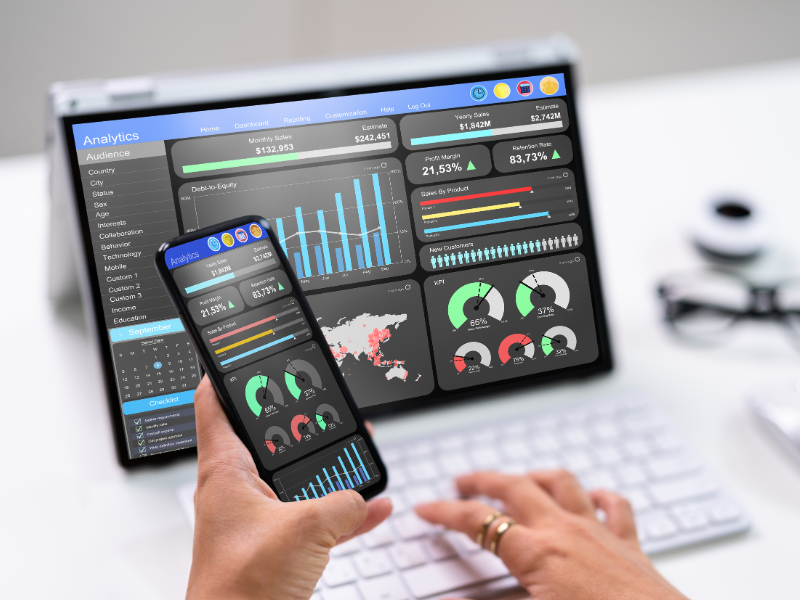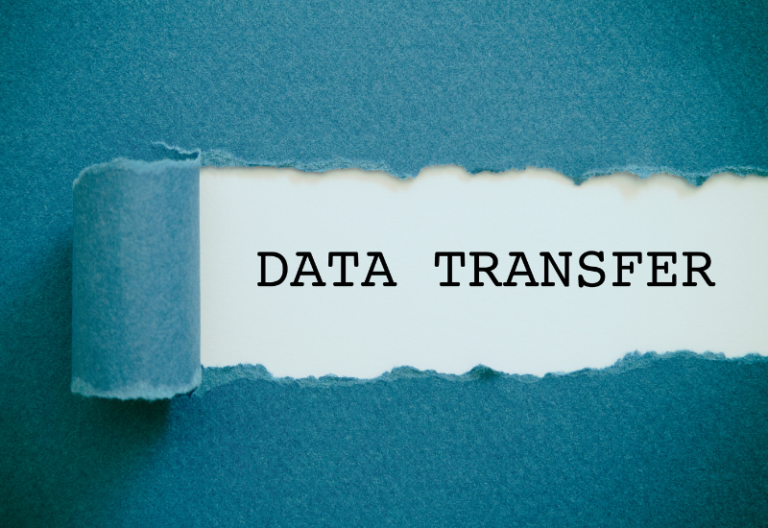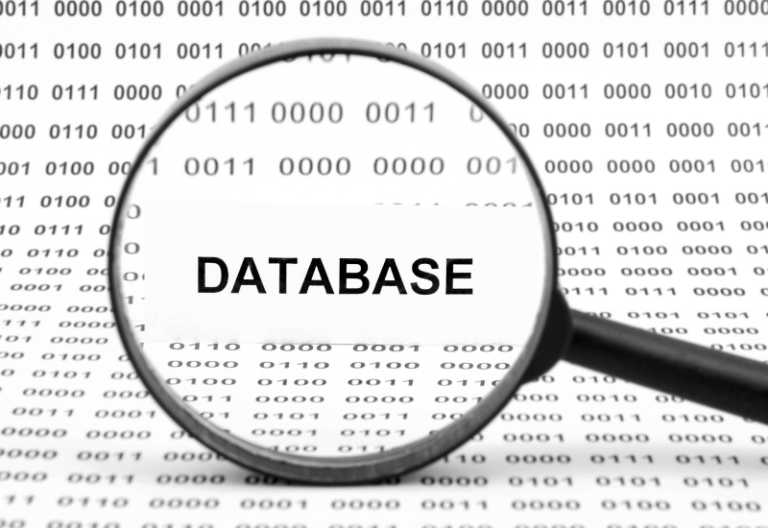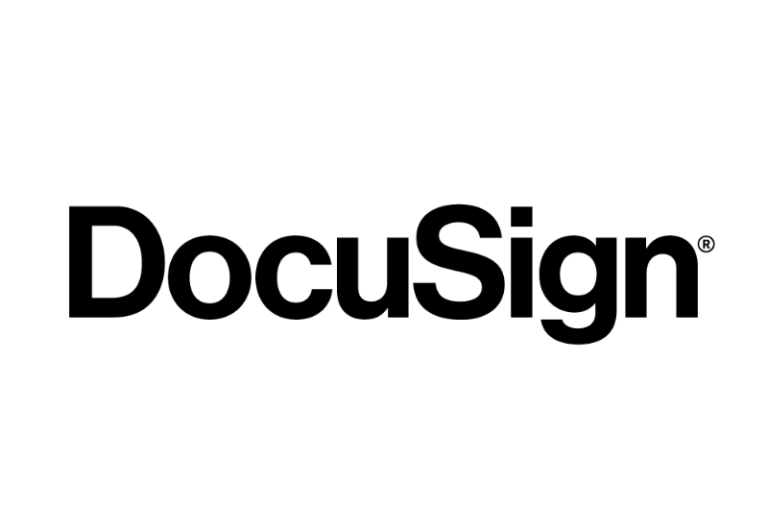Numerous analytics tools exist online, but not all of them abide by the regulations set by the Health Insurance Portability and Accountability Act. If your organization handles protected health information, then your analytic tool’s compliance with HIPAA is also a must.
Explore our top picks for HIPAA-compliant analytics platforms so you can choose the best one for your healthcare organization.
Top 5 HIPAA-Compliant Analytics Tools:
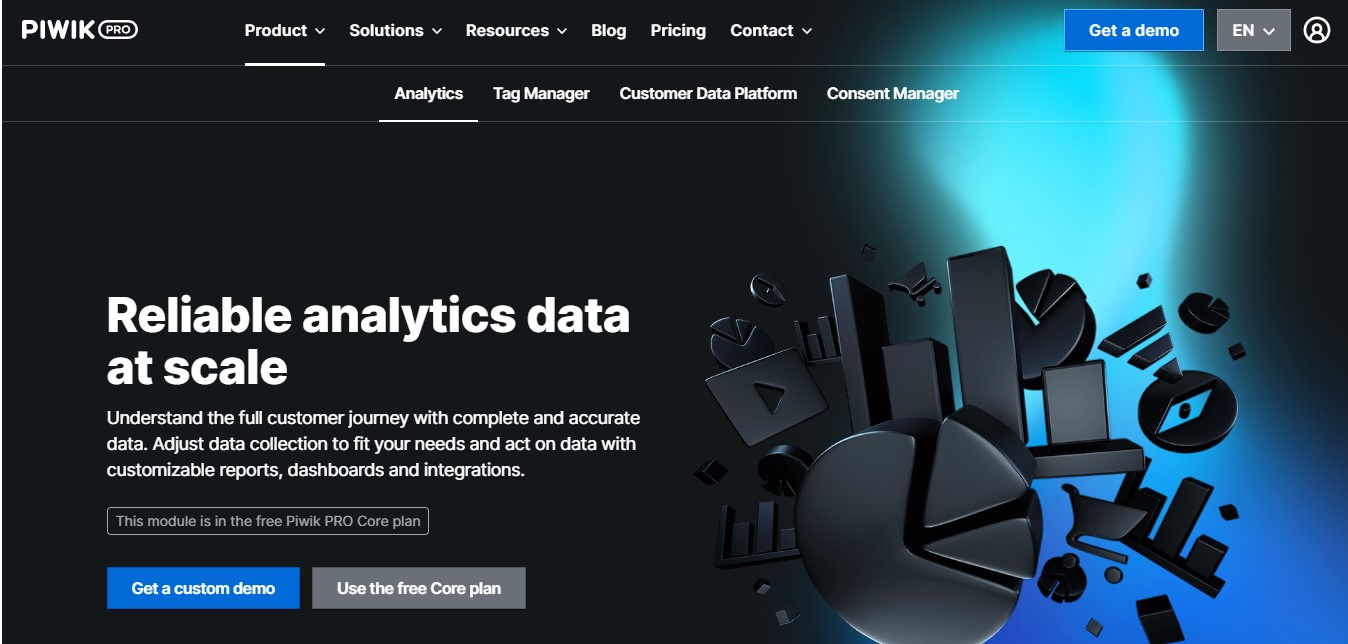
1. Piwik PRO
Piwik PRO has positioned itself as a privacy-first alternative to Google Analytics. One of its best features is its “free forever” Core Plan that includes 500,000 monthly actions, Analytics, Tag Manager, and Consent Manager. Though primarily cloud-based, enterprises and large organizations needing a platform that could work on-premise can also count on Piwik. It also lets you use your own server and database to store data.
Key features:
- Offers a “forever free” plan
- User-friendly interface
- Stores data on HIPAA-compliant Microsoft Azure data centers
- Retain data for up to 14 months
- Choose ePHI to collect and keep it private
- Cloud, private cloud, or on-premise deployment
- Integrates with Google Ads, Google Search Console, Zapier, Tableau, WordPress, and more
Price per month:
- Core Plan: Free
- Enterprise: Custom quote
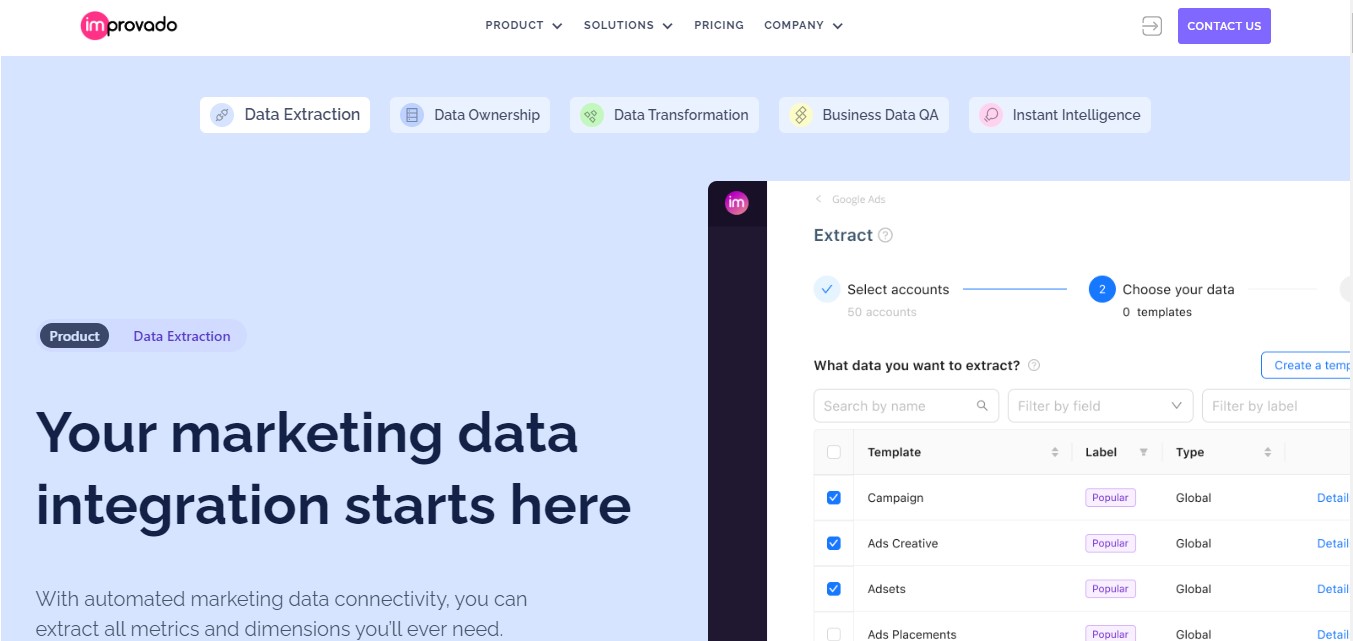
2. Improvado
A comprehensive marketing and sales tool, Improvado helps revenue teams derive meaningful data insights. It connects with over 300 marketing platforms, making it easy for analysts to see detailed reports in one place. Most of its partners are medium-sized and big companies in industries like e-commerce, finance, healthcare, and computer software.
Key features:
- Up to five years of historical data
- Uses Cerebro marketing tool for business data QA
- Pre-built “recipes” gather specific data ingredients for various marketing use cases
- Data can be fully hosted (managed) or stored in your own database
- Hundreds of integrations, including Google Ads, TikTok for Business, Google Analytics 4, Tableau, Looker Studio, Snowflake and more
Price per month:
- Get a quote or book a demo
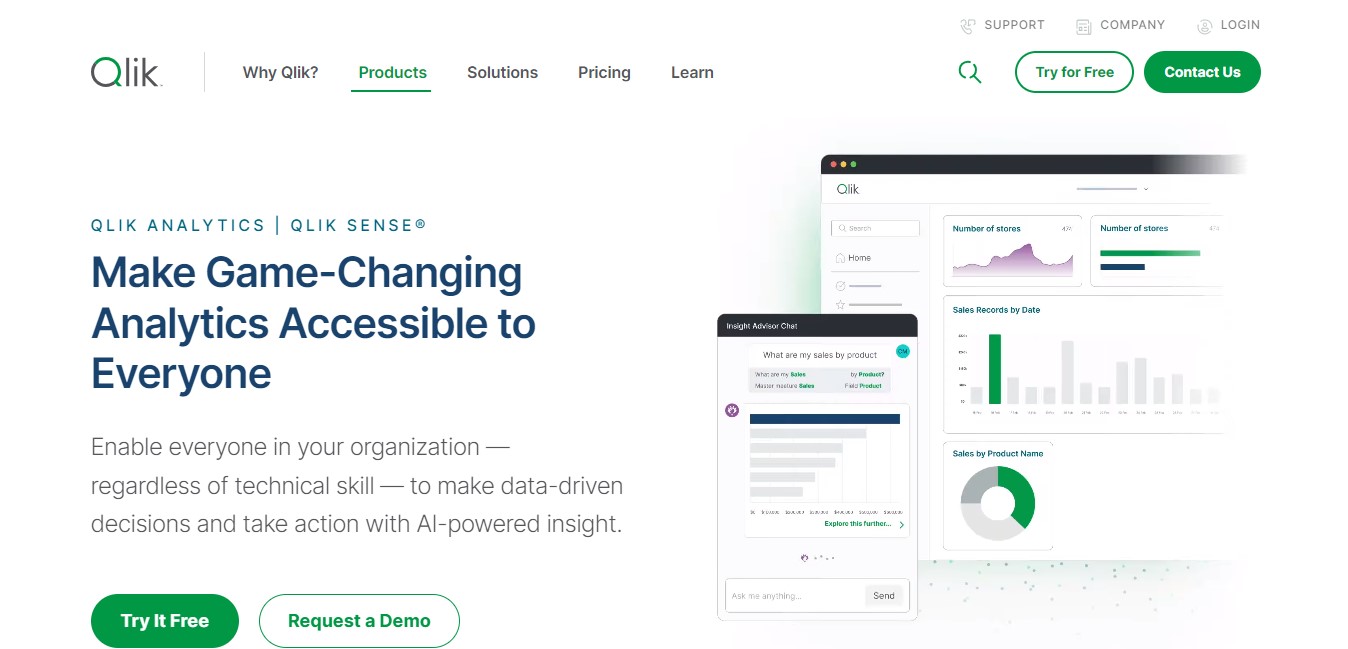
3. Qlik Cloud Analytics
Cliq Cloud offers an enterprise data analytics tool specifically built for healthcare organizations in the US. The software combines internal and external data. This is so you can acquire data-driven insights into your patients or a specific population. Prospective clients can test the Standard subscription for free or request a demo for Premium.
Key features:
- Starts at 50 GB per year of data for analysis
- AI-powered augmented analytics
- 24/7 customer support
- No-code automation builder
- Integrates with Cerner or Epic EHR
Price per month:
- Standard: $20 per user
- Premium: $2,700 for ten full users, unlimited basic users
- Enterprise: Custom quote
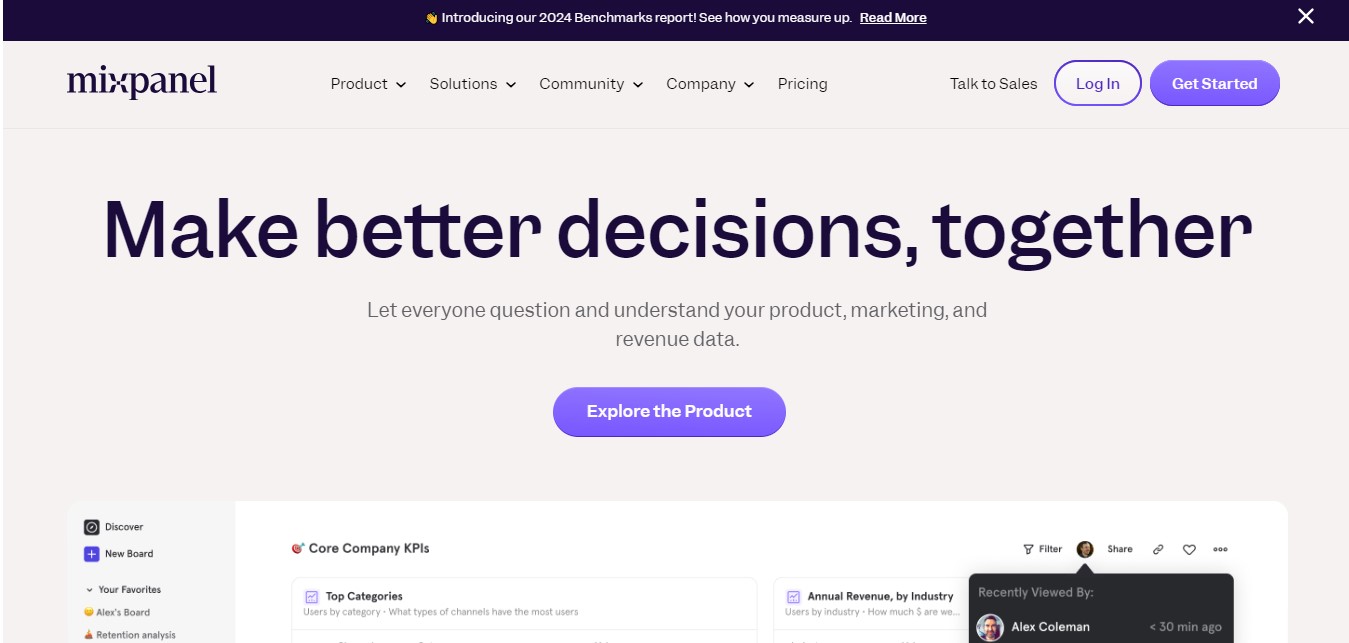
4. Mixpanel
Mixpanel is one of the most powerful analytics tools for HIPAA compliance. It provides support for analytic events on mobile, web, and server-side processes. Best of all, it offers a free version with limited features. You can quickly sign up on its website to review the platform. Once you register, select a sample data set and view the introductory articles and videos about Mixpanel.
Key features:
- Fully customizable and easy-to-read reports
- Get insights on trends, customer journeys, retention rates, new feature adoption, user growth, and more
- API supports JavaScript, Python, PHP, Ruby, and more
- Integrates with Braze, Figma, Google Cloud, Help Scout, Mailchimp, Zapier, and more
Price per month:
- Starter: Free
- Growth: $20
- Enterprise: $833
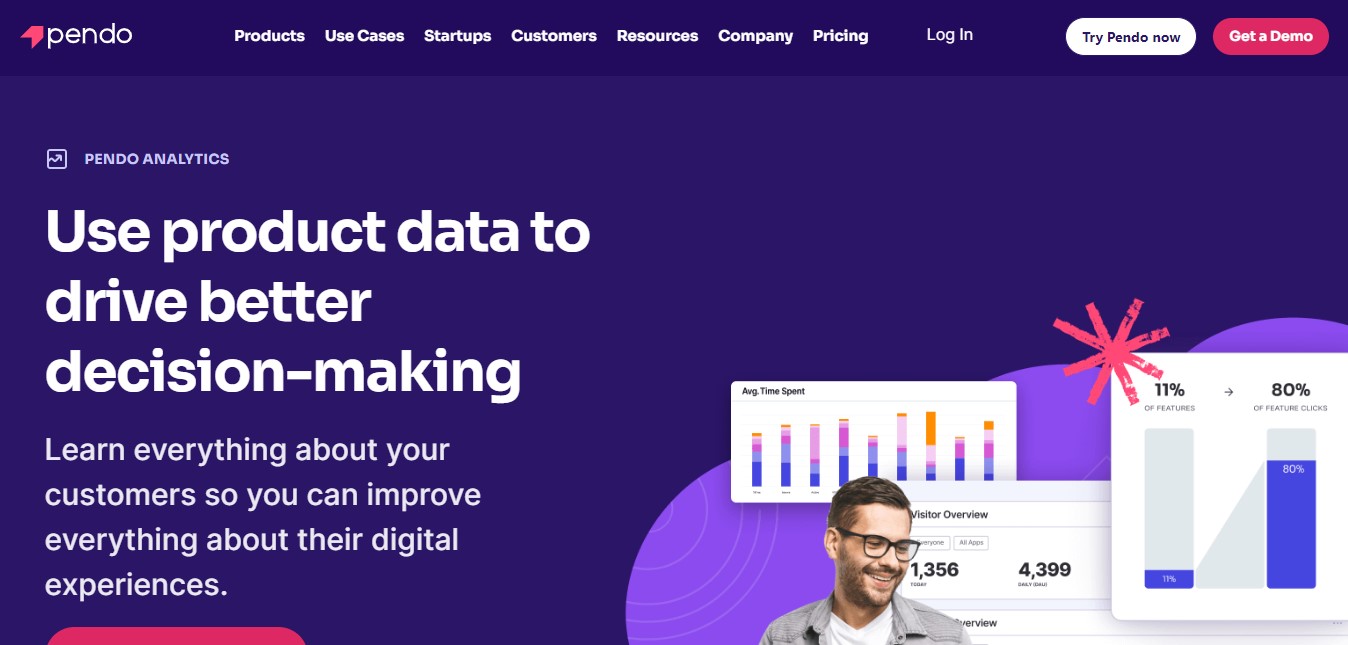
5. Pendo
Pendo is another comprehensive, no-code data analytics tool with a free version. It is usually used by product management, marketing, customer support, and IT teams. Pendo Security offers HIPAA-compliant marketing analytics tools and a business associate agreement (BAA) for its healthcare customers.
Key features:
- Product analytics
- Starts at up to 500 monthly users
- Net Promoter Score (NPS)
- Data retention begins at 1 year
- API access for Growth users and above
- Optional add-on for Session Replay to watch playbacks of user behavior
Price per month:
- Free
- Growth: Request pricing from Pendo
- Portfolio: Request pricing from Pendo
The Role of Analytics in Healthcare Decision-Making
Data analytics enables healthcare professionals to make informed decisions in their field. It leverages the power of data, extracting valuable insights to improve patient outcomes.
Generally, it helps in the following areas:
- Patient care: Data analytics tools give an overview of data from providers’ websites and other records. Healthcare providers can use the data to identify patterns and enhance the customer experience.
- Operational efficiency: Healthcare organizations usually grapple with operational challenges. Analytics helps to identify these deficiencies and improve workflows.
- Revenues: Analytics helps healthcare providers gain insight into their finances. With financial analysis, healthcare leaders can make informed decisions on budgeting, pricing, marketing, and reimbursement strategies.
Importance of HIPAA Compliance in Analytics
Healthcare organizations and businesses must remember that HIPAA compliance and analytics always go hand in hand.
The HIPAA law emphasizes keeping protected health information (PHI) secure at all times. Data is vulnerable to cybercrime, with hackers exploiting it for fraud and financial gain.
Imagine if a breach exposes a patient’s sensitive medical records and bank information. Cybercriminals can use this information for identity theft and other malicious activities. Being proactive in choosing HIPAA-compliant analytics solutions can help mitigate the risks.



